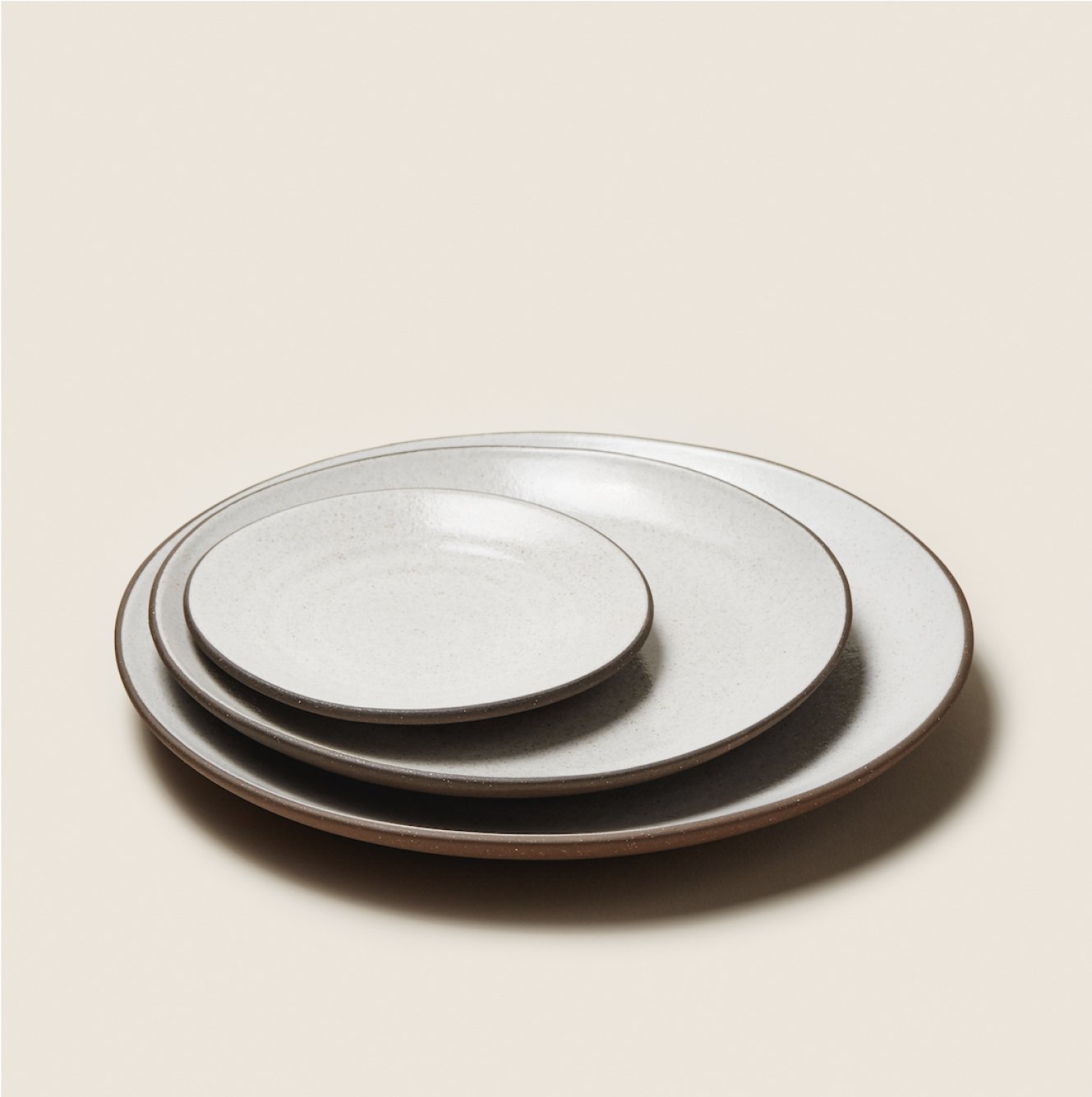
1900-1920’s
A Brief Overview…
The aftermath of World War I brought significant devastation to Kurdistan. In 1920, the Treaty of Sèvres was drafted between the Allies and the Ottoman Empire, providing for an autonomous Kurdistan; however, it was never ratified. The Treaty of Lausanne, signed in 1923, replaced the Treaty of Sèvres and did not account for the rights of the Kurds, completely disregarding them in the reformation of borders.
During the early 20th century, Kurdish women suffered greatly under feudalism and tribalism in rural areas. Northern and Eastern Kurdistan experienced severe linguicide and ethnocide at the hands of Turkish and Iranian rulers. In contrast, the British mandate in Southern Kurdistan, which oversaw Mesopotamia (Iraq), granted some publishing and educational rights in the Kurdish language.
One notable rebellion against the British mandate in Southern Kurdistan was led by Sheikh Mahmud Barzanji, who was appointed governor of Silêmanî and later declared himself King of Kurdistan. This resulted in the establishment of the Kingdom of Kurdistan, which lasted from September 1922 until July 1924, when the British regained control over the Southern Kurdish region. It was during this time that the first educational school for girls in British Mesopotamia was established by Hepse Xanî Neqîb (1891-1953) in Silêmanî in 1926.
In Northern Kurdistan (Bakur), several rebellions against Mustafa Kemal Atatürk’s efforts to assimilate Kurdish culture and language were swiftly suppressed by the state. These uprisings, which occurred from May 16 to June 17, 1926, were primarily led by Ibrahim Heski and laid the groundwork for the Ararat revolt that would follow in the early 1930s.
On October 5, 1927, a group of Kurdish leaders from Bakur, exiled to Lebanon after the failed rebellions, established the Xoybûn Association. This nationalist organization aimed to unify and launch another Kurdish revolt against the Turkish state. Meanwhile, other prominent Kurdish regions in the 1920s, such as Soviet Armenia (Nagorno-Karabakh), experienced a socialist transformation that lasted from 1923 to 1929..
'A Kurdish family' photographed by Antoin Sevruguin, Late 19th Century, early 20th Century - Eastern Kurdistan. All rights reserved : © The Nelson Collection of Qajar Photography
'A group of Kurdish girls':photographed by Antoin Sevruguin, Late 19th Century, early 20th Century - Eastern Kurdistan. All rights reserved : © The Nelson Collection of Qajar Photography
'Kurdish Musicians and Dancers' photographed by Antoin Sevruguin, Late 19th Century, early 20th Century - Eastern Kurdistan. All rights reserved : © The Nelson Collection of Qajar Photography
'A Kurdish Woman', photographed by Antoin Sevruguin, Late 19th Century - Eastern Kurdistan. All rights reserved : © The Nelson Collection of Qajar Photography
'A Kurdish Woman', photographed by Antoin Sevruguin, Late 19th Century - Eastern Kurdistan. All rights reserved : © The Nelson Collection of Qajar Photography
'A Kurdish Woman Spinning Cotton',photographed by Antoin Sevruguin, Late 19th Century - Eastern Kurdistan. All rights reserved : © The Nelson Collection of Qajar Photography
'A Kurdish Woman from Kermanshah', photographed by Antoin Sevruguin, Late 19th Century - Eastern Kurdistan. All rights reserved : © The Nelson Collection of Qajar Photography
'A Kurdish Woman', photographed by Antoin Sevruguin, Late 19th Century - Eastern Kurdistan. All rights reserved : © The Nelson Collection of Qajar Photography
Rewsen Bedirxan
-
A Victorian postcard of Kurdish noble Rewsen Bedirxan taken in Damascus, Syria, during the 1920s.
-
Image
-
Circa 1920’s
-
JPEG
-
23/06/2021
-
The Jiyan Archives. All Rights Reserved.
-
Sinemxan Bedirxan Archives
-
Raz Xaidan
-
img_0001
High quality materials
-
It all begins with an idea. Maybe you want to launch a business. Maybe you want to turn a hobby into something more.
-
It all begins with an idea. Maybe you want to launch a business. Maybe you want to turn a hobby into something more.
Customized for you
-
It all begins with an idea. Maybe you want to launch a business. Maybe you want to turn a hobby into something more.
-
It all begins with an idea. Maybe you want to launch a business. Maybe you want to turn a hobby into something more.










